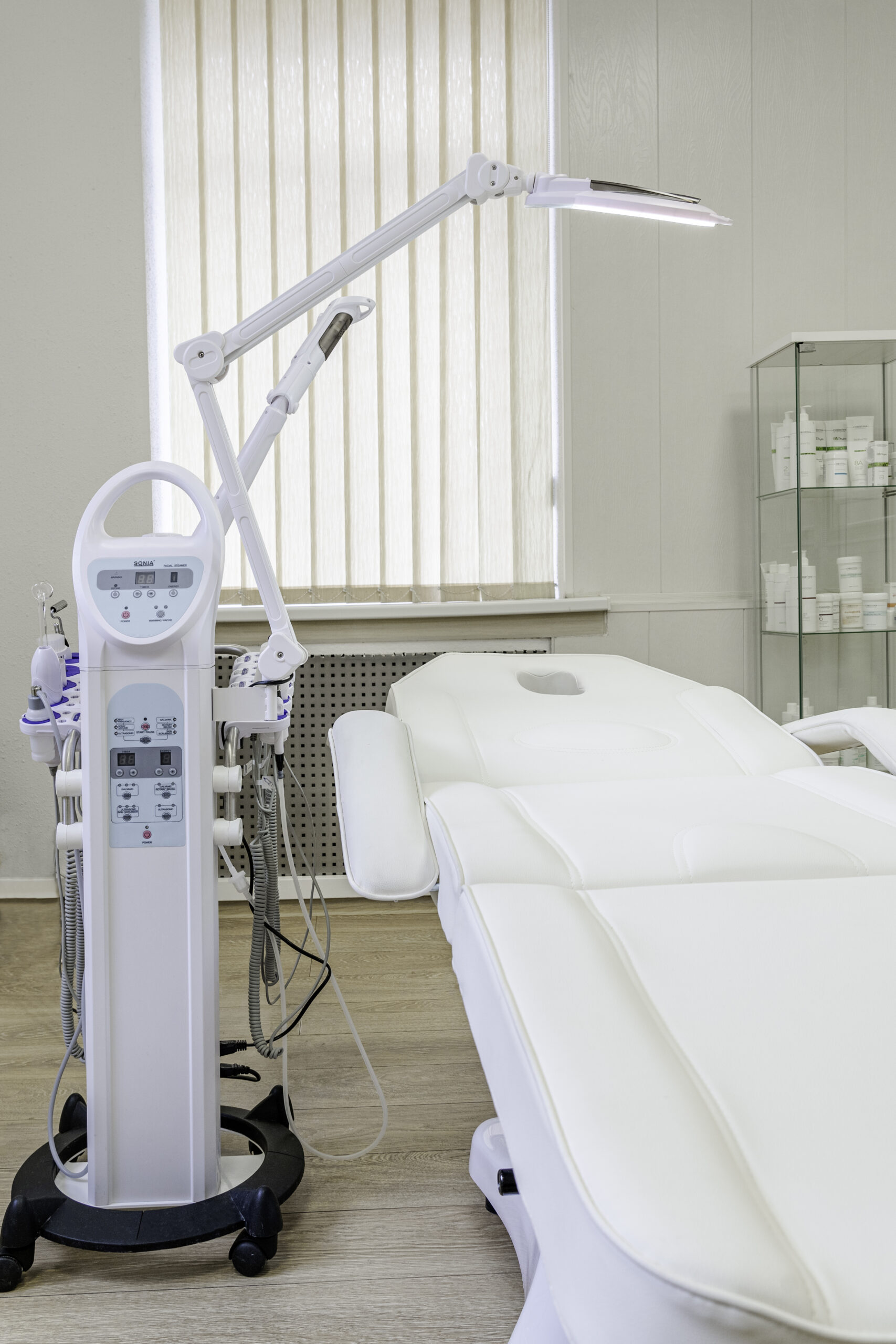Table of content
How much should we sleep?
We all need a few hours of sleep a day for our brains and bodies to function normally the next day. “The World Health Organisation (WHO) recommends 7 to 9 hours of sleep a day for adults (18-64 years old) and 7 to 8 hours for older people (65 years old and older). Unfortunately, we don’t all get enough sleep. Some people don’t get enough sleep because of their lifestyle – working late, spending a lot of time on the computer or TV and going to bed late. Others get little or no sleep because of insomnia.
Complications of insomnia
Sleep deprivation leads to many complications, both physical and mental. It is associated with diabetes, as well as glucose intolerance. Patients may also have higher blood pressure, a higher incidence of cardiovascular disease and a higher risk of obesity.
Regular sleep is essential for brain function. The brain processes and consolidates new information during sleep, which is why sleep is essential for better learning and memory retention. Sleep deprivation can reduce reaction speed, attention and decision-making ability, even increasing the risk of accidents.
Insomnia has a significant impact on immunity, reducing the body’s ability to fight infections and increasing the risk of various diseases.
Sleep deprivation can have a negative impact on mood and mental health. Lack of sleep can make you feel irritable and depressed, and can eventually lead to symptoms of anxiety or even depression.
Finally, sleep is very important for physical health. It helps repair body tissues and regulates metabolism, so a good night’s sleep makes you feel more beautiful, happier and healthier.
A new way to beat insomnia
Although there are a number of medicated treatments for insomnia, patients prefer alternatives to avoid the adverse effects of medication and the risk of habituation. Very often, popular insomnia drugs cause daytime sleepiness, dizziness, nausea, nervousness and headaches.
That’s why doctors are increasingly looking for new, non-standard treatments and are starting to offer patients non-invasive therapy with the Alfa-Stim machine. Developed by neuroscientists in the United States, this medical device was first designed to relieve stress and depression, but has since been observed and proven to be effective in treating insomnia.
“Alpha-Stim uses cranial electrostimulation therapy, where gentle microcurrents are sent to the patient’s brain to stimulate alpha brain waves. These brain waves help to achieve a calmer overall state of mind. The patient calms down, naturally relaxes and falls asleep more easily, and sleeps longer and better.
Additional benefits
Studies have shown that using Alpha-Stim is effective in treating not only insomnia, but also anxiety, depression and pain. Insomnia is associated with all these conditions and is often a cause or consequence of them. Patients with psychiatric disorders or persistent pain are at greater risk of sleep problems that lead to insomnia. On the other hand, patients with sleep difficulties such as insomnia are also thought to be at higher risk of developing depression or anxiety symptoms.
Read more: www.alpha-stim.lt
